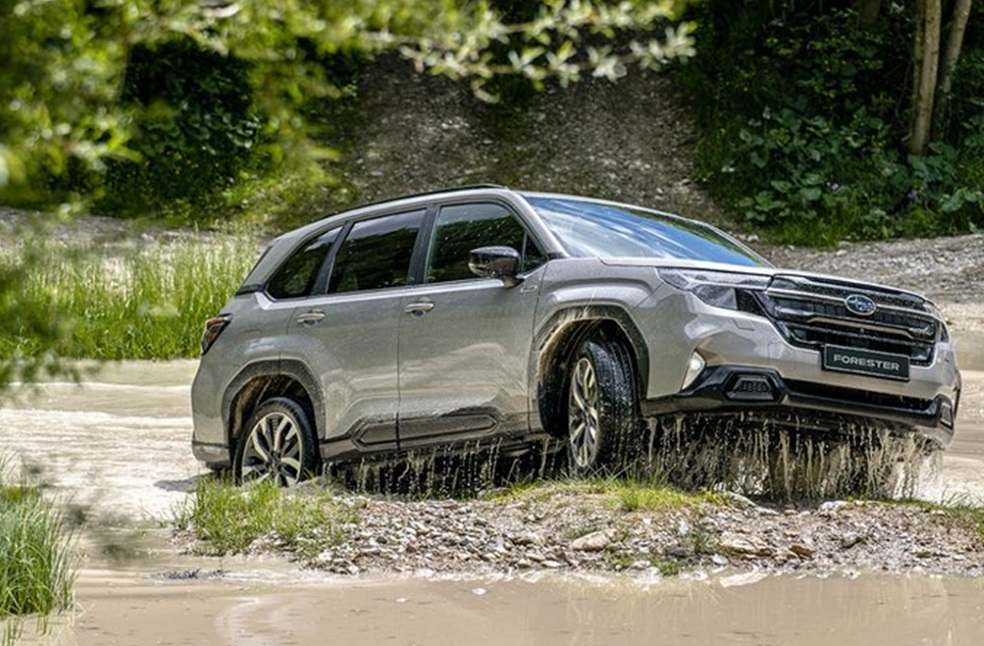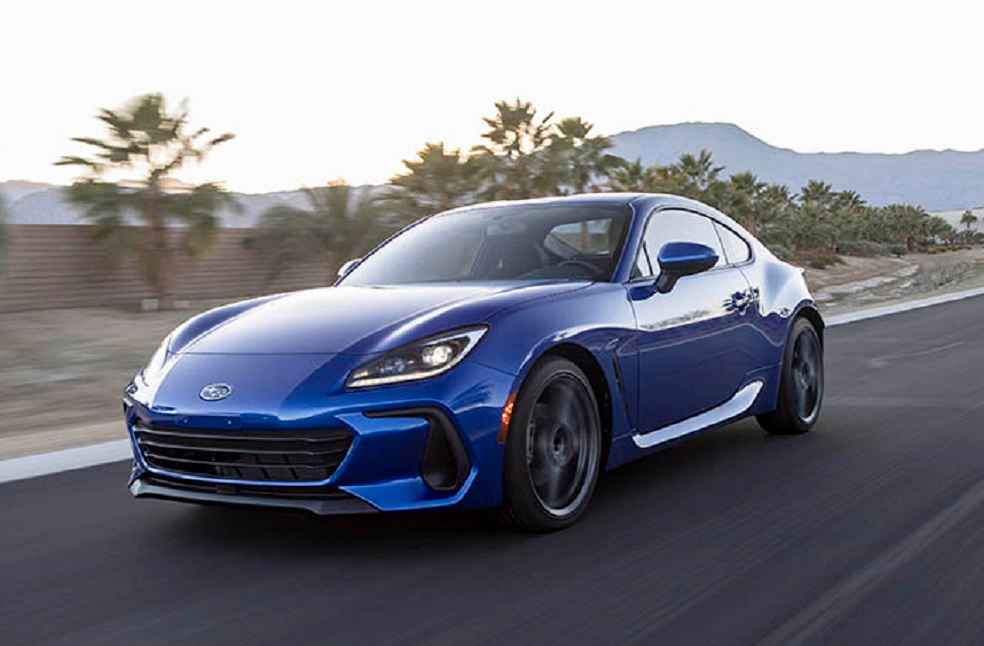Subaru, the Japanese automaker, is set to hike prices of its new cars by several hundred dollars in the coming weeks, according to reports.
Subaru of America declared on Monday that it will raise prices on multiple models, joining other automakers in passing cost increases on to consumers due to rising expenses. In an official statement, Subaru attributed the price adjustments to ‘current market conditions’ but did not directly reference tariffs or specify particular pricing changes.
“The changes were made to offset increased costs while maintaining a solid value proposition for the customer. Subaru pricing is not based on the country of origin of its products,” the company stated.

A notice on the Planet Subaru website in Hanover, Massachusetts—cited by Carscoops and Reuters—confirms upcoming price increases ranging from $750 to $2,055, varying by model and trim.
Crosstrek and Impreza buyers will face a $750 price hike, while Forester models will see increases between $1,075 and $1,600, depending on trim. Ascent prices will rise between $1,085 and $2,055, and the Legacy sedan will undergo a $1,600 increase.
The dealer revealed that the current price increases are not enough to offset the full impact of tariffs, leading to expectations of further cost adjustments before the year’s end. Meanwhile, the automaker declined to provide a complete earnings forecast for the 2025–2026 fiscal year.

As reported by Autoblog, the company’s Senior Managing Executive Officer Tomoaki Emori stated that Subaru’s Indiana factory has the potential to increase production. Operating since 1987, the facility manufactured nearly 345,000 Ascents, Crosstreks, and Outbacks during the automaker’s 2024–2025 fiscal year. While its supplier base is built to support an annual output of up to 370,000 vehicles, Emori noted that the plant has the capacity to produce as many as 500,000 cars.
Data from S&P Global Mobility indicates that up to 45% of Subaru vehicles sold in the U.S. are sourced from international markets.
EV WORLD | Volvo to Launch FH Aero Electric for Long-Haul Freight in 2026





